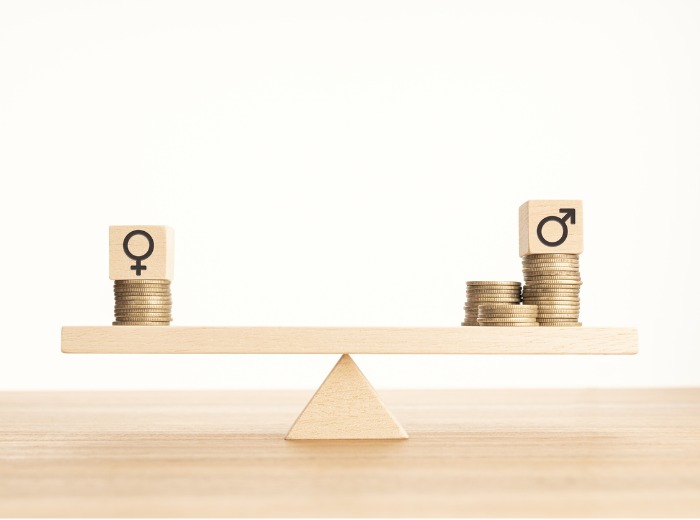Closing the gap: gender reporting obligations are here

17 April 2023

With increased pressure to prioritise gender equality in the workplace, several legislative changes have recently been enacted, including the prohibition of pay secrecy, to support the closure of the 12 per cent gender pay gap within the Australian workforce. The gender pay gap demonstrates that gender inequality remains a persistent and complex issue in Australian society, despite record-high women’s workplace participation.
In a further attempt to promote gender equality in the workplace, legislation requiring the Workplace Gender Equality Agency (WGEA) to report annually on the gender pay gaps of large businesses has recently passed Parliament.
Gender pay gap reporting obligations
On 30 March 2023, the Workplace Gender Equality Amendment (Closing the Gender Pay Gap) Bill 2023 (Bill) (Bill) was passed by Parliament, implementing recommended amendments to the Workplace Gender Equality Act 2012. The passing of this Bill will enable the WGEA to publish the gender pay gap of large employers with more than 100 employees from 2024 onwards. Publications of pay gap data will be based on the mean, median, and quartile figures on an ongoing basis. Companies will be able to provide a document in addition to pay gap reporting which outlines strategies and an explanation for pay gaps.
The purpose of the WGEA reporting is to promote accountability and encourage accelerated action and change within organisations towards the closing of the gender pay gap. The WGEA itself recommended the introduction of the reporting, on the basis that increased transparency in Australia’s gender equality reporting is a vital first step towards addressing the discrimination that contributes to pay gaps and other workplace inequalities. In addition, the WGEA further noted reporting could cause relevant employers to assess systems and processes for pay, job evaluation and performance, and publishing employer gender pay gaps could generate stakeholder engagement and pressure and inform investment decisions.
Prime Minister Anthony Albanese has welcomed this initiative from the WGEA stating that “rather than talking about an overall or national figure, Australians will be able to see how individual companies are progressing on closing the gender pay gap which will encourage best practice and mean a new level of accountability and transparency.”
Since relevant employers are already required to provide remuneration data to the WGEA, these amendments do not impose any additional reporting requirements on relevant employers.
However, the Bill will require relevant employers to provide certain reports including an executive summary report and an industry benchmark report to their governing body (i.e., Board). The premise behind this change identifies the important strategic role of governing bodies in embedding accountability into the reporting process and fostering a culture of transparency. It’s envisaged that reports will promote discussion during a meeting of that governing body to enable active consideration of how the relevant employer is working towards gender equality, including progress and any challenges.
What this will mean for your business
Legislative changes will provide employees, investors, and the general public with a much deeper insight into how both men and women are valued and compensated within the workplace. This change can serve as an opportunity for employers to drive change and demonstrate positive and proactive action to be taken to close pay disparities.
How enableHR can help?
You don’t have to spend weeks studying the legislation. Call enableHR today and ask us if your HR platform is set up for you to comply with new requirements.
We believe HR should be simple. Simple enough for you to run your business confidently. Inside enableHR is everything you need to manage the entire employee lifecycle, from recruitment and onboarding to managing your people and termination. If you’d like to see enableHR in action, contact us to learn more about how we can help your business.




